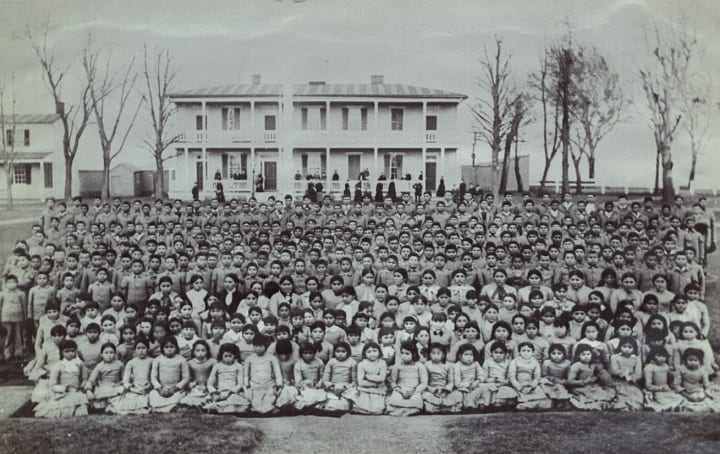Training Counselors Who Work With Native Americans
And working with other trainers on the Native American Curriculum (NAC)

This week I trained with people who work with Native American people in mental health, substance abuse, and other behavior health programs. I worked with five other trainers.
We have trainers who have been training on this curriculum since 2009 and others who have only recently started training.
The older trainers are hoping to train new trainers to take over. Four of us are retired and work part-time. All of the trainers are current or previous counselors/therapists. As a lead trainer or senior trainer as we prefer imagine the saying of herding cats and you will get how the training can go.
Most of the time everything goes well. On occasion, someone can get their feelings hurt. If someone is told to wrap it up, feelings can be hurt. We never have enough time to tell all of the stories we would like to tell. Out of this particular group of trainers, everyone, except one are talkers.
When we have the time, it is great to hear the stories told. If you are the lead the focus becomes watching the time, worrying about not getting done or needing to shorten later, due to a long session now.

The picture above is of kittens, herding cats is worse! If feelings are hurt, it shows. A once bubbling presenter may turn all serious and quiet if she is told to cut it short. If it is a newer trainer, the concern is will they come back? There is definite leeway for new trainers.
The audience can benefit so much from the different Native American presenters. Everyone has stories to tell. Stories of their recovery, stories of their treatment experiences, and stories from the culture that they have learned from as early as childhood.
Then it is fun to hear the different variations of stories you were told from a different part of the country or even from another village in your same reservation.
In Minnesota, we have seven Ojibwe/Chippewa reservations and four Dakota/Sioux communities. Ojibwe and Dakota are the names of the languages spoken. Our trainers were from four Minnesota reservations and one North Dakota tribe.
Having this mix of trainers makes for a good group for the audience as they get to see up close and personal how we are not all the same. And how we grew up may be different, how boarding school impacted each of us, whether we were in boarding school or not. Two of our trainers were.

The phrase “Kill the Indian, save the man” is attributed to Captain Richard Henry Pratt, who was the founder of the Carlisle Indian Industrial School1. This phrase encapsulates his philosophy of assimilation, which was applied in the education of Native Americans23.
Pratt’s approach involved forcibly assimilating Native Americans into dominant white American culture. This was done by systematically stripping away tribal culture, including insisting that students drop their Indian names, forbidding the speaking of native languages, and cutting off their long hair3.
Pratt delivered a speech in 1892 during the National Conference of Charities and Correction, held in Denver, Colorado, where he used this now well-known phrase2. His ideas were central to the development of the Carlisle Indian School (founded 1879) and other boarding schools across the country, which aimed to “civilize” and “Americanize” the Indian2. However, these methods often met fierce resistance from Native American parents and youth3. Bing
As trainers we think of the curriculum as American Indians 101. Most people we train that work with the Native American client know little to nothing about the people they work with in treatment.
Almost no one has been taught about any of what we present with this curriculum either growing up or in school. A college class overview (i.e. American Indians 101) is where some people will learn some of what we talk about.
The curriculum was originally purchased from South Dakota University and adapted for Minnesota and Minnesota tribes, to train substance abuse and mental health counselors in Minnesota. The training started in 2009 and continues to this day. With two trainings scheduled in May 2024.
About the Creator
Denise E Lindquist
I am married with 7 children, 27 grands, and 12 great-grandchildren. I am a culture consultant part-time. I write A Poem a Day in February for 8 years now. I wrote 4 - 50,000 word stories in NaNoWriMo. I write on Vocal/Medium weekly.






Comments (1)
Thanks for sharing.